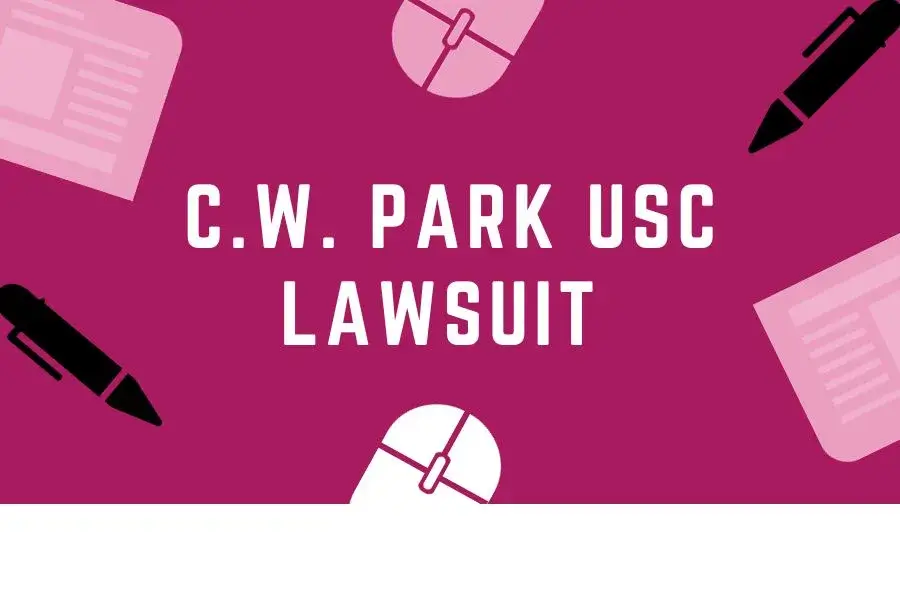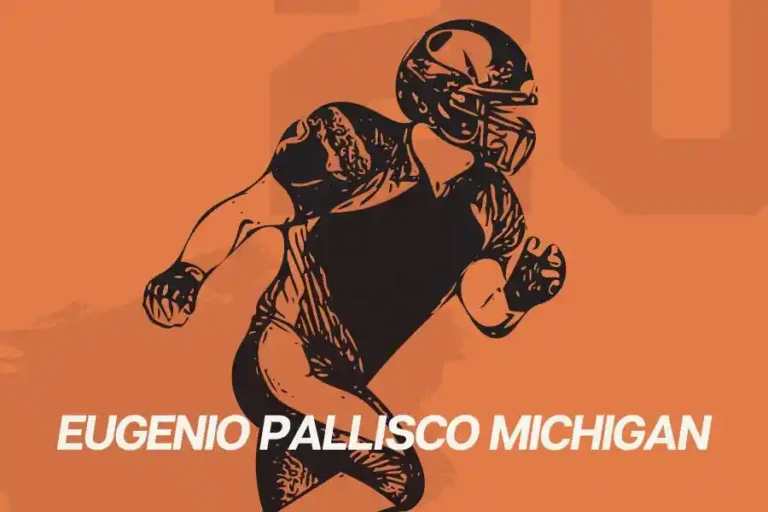Unveiling the Truth: The C.W. Park USC Lawsuit Controversy

In higher education, scandals can cast a long shadow, and the C.W. Park Usc lawsuit against USC is no exception. Delving into the intricacies of this controversy reveals a narrative fraught with allegations of discrimination, retaliation, and breaches of contract.
As we peel back the layers of this legal saga, we’ll explore the key players, the allegations at the heart of the matter, USC’s response, and the potential implications for both parties involved.
What is C.W. Park lawsuit?
Background of C.W. Park
C.W. Park, a former USC student, took legal action against the university in 2019, asserting wrongful expulsion after a flawed Title IX investigation found him responsible for sexual assault.
Allegations of Unfair Investigation
Park contends that USC’s Title IX office conducted an unjust investigation, overlooking crucial evidence, denying him the right to question witnesses, and ultimately finding him guilty despite inconsistencies in the accuser’s story.
Breaking Down the Allegations in Park’s Lawsuit Against USC
Discrimination Based on Age and Ethnicity
Park alleges systematic discrimination, citing derogatory comments about his age and Korean ethnicity, unfair treatment compared to younger colleagues, and denial of opportunities.
Retaliation for Whistleblowing
Park claims retaliation for reporting unlawful behaviour, such as plagiarism, grading irregularities, and misuse of funds by university administrators and professors.
Breach of Contract
Park argues that USC breached his employment contract, neglecting standard protections like academic freedom and due process.
USC’s Response to the C.W. Park Usc Lawsuit
Initial Response
USC’s initial response, expressing regret and denying all allegations, drew criticism for its perceived lack of accountability.
Subsequent Apology and Independent Review
After substantial backlash, USC apologized again, acknowledging racism and bias and promising an independent review of Park’s allegations.
Potential Implications and Fallout From the Lawsuit
Damage to Reputation
The lawsuit may tarnish USC’s reputation, prompting the university to consider settling to avoid prolonged negative publicity.
Legal Precedents
The court’s decision may set precedents affecting racial discrimination and workplace hostility in future cases, influencing policies at universities nationwide.
Financial and Emotional Costs
The litigation comes with high financial costs and emotional distress for Park, potentially leading to substantial damages if USC is liable.
What This Means for USC and Its Reputation in the future
Damage Control and Rebuilding Trust
The incident adversely affected USC’s prestige and ranking, necessitating a thorough review of policies and procedures to regain trust.
Commitment to Change
USC must transparently acknowledge failures to emerge stronger, take strict action against complicit parties, and reaffirm commitment to integrity and accountability.
Conclusion
In conclusion, the C.W. Park USC lawsuit uncovers a multifaceted narrative beyond headlines and gossip. While the outcome remains uncertain, this controversy is a stark reminder of the fragility of institutional reputations and the need for constant vigilance and ethical leadership.
As the story unfolds, the facts are more precise, urging us to find empathy, learn from mistakes, and contribute to building a more just and inclusive society. If you also want to read about Chargomez1 then visit that post.
Frequently Asked Questions
What is the current status of the C.W. Park lawsuit against USC?
As of now, the lawsuit is ongoing, with both parties awaiting a resolution in court.
How has the lawsuit impacted USC’s standing in higher education?
The controversy has affected USC’s reputation, prompting the university to take steps to rebuild trust and address systemic issues.
What precedents could the court’s decision set for future cases?
The court’s decision may influence how institutions handle allegations of discrimination and retaliation, potentially impacting future civil rights cases.
How can USC recover from the damage to its reputation?
USC can recover by conducting a transparent review of policies, taking decisive action, and reaffirming its commitment to integrity and accountability.
What lessons can other universities learn from the C.W. Park USC lawsuit?
The case emphasizes the importance of addressing discrimination and retaliation promptly, transparently, and with a commitment to lasting change.






